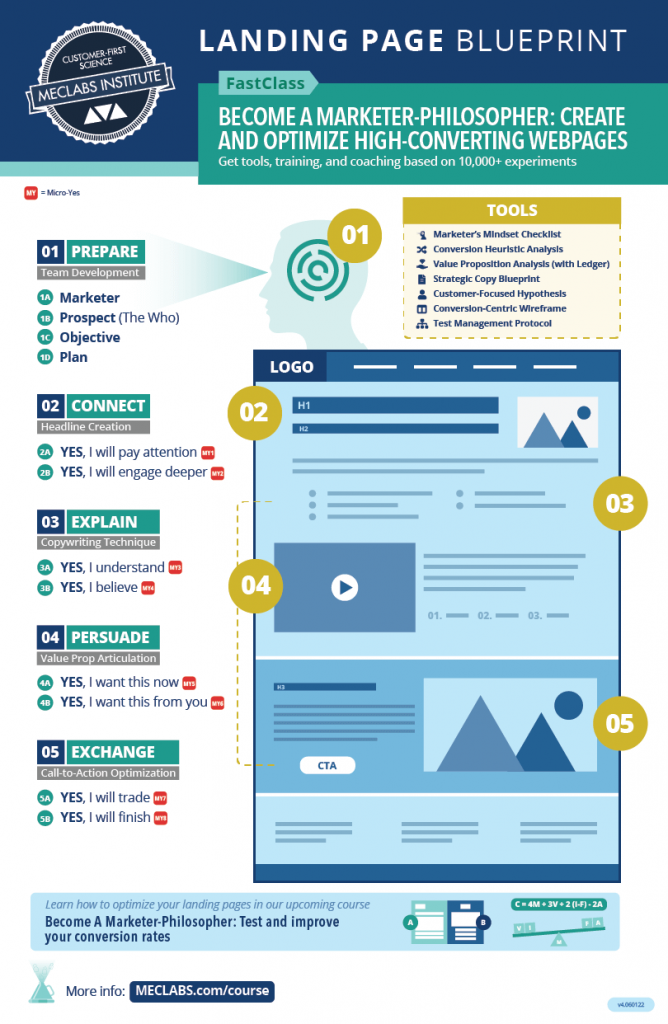Common Mistakes When Promoting Brain Retraining Academy Links
At NeuroTechInsider.com, we’re all about grounding brain wellness in **real science**, **real tools**, and **real results**. And if you’re diving into affiliate marketing—especially in the brain retraining space—you need to know this: your credibility is everything.
Promoting brain retraining academy links isn’t just about clicks and commissions. It’s about **responsibility**. These programs often deal with sensitive issues like trauma, anxiety, neuroplasticity, and cognitive rehab. If you’re pushing these programs the wrong way, you’re not just burning trust—you’re playing with people’s mental health.

Why Promoting Brain Retraining Requires a Different Playbook
Unlike gadgets or supplement stacks, brain retraining programs dive deep into rewiring thought patterns and emotional responses. This isn’t light stuff. The audience here is often searching for healing, clarity, or even a lifeline. That means your **tone, trust, and transparency** matter more than ever.
“In the brain wellness niche, selling with integrity isn’t optional—it’s survival.”
Here’s what makes brain retraining programs unique:
- They often require long-term commitment
- Outcomes are highly subjective and based on neuroplastic change
- They deal with mental health-adjacent claims, which are tightly regulated
- Trust is earned slowly, but lost instantly
So let’s break it down—what are the **most common (and dangerous) mistakes** you might be making when promoting brain retraining academy links?
1. Focusing on Selling, Not Helping
This one’s a killer. Many new affiliates come in hot—pushing links, shouting benefits, and slapping call-to-actions like “Fix your brain today!” everywhere they can. But here’s the hard truth:
People don’t want to be sold to. They want to be understood.
- Swap hard selling for **genuine recommendations**
- Lead with **stories, not pitches**
- Create value-first content—think deep reviews like this one on our site
Need proof? Studies have shown that **authentic content marketing outperforms direct ads** by up to 6X in conversion for wellness-related products (MECLABS Institute).

2. Lacking Deep Product Knowledge
If you’ve never personally explored the brain retraining program you’re promoting, why should your audience trust you?
We’ve seen this mistake in dozens of Reddit threads and coaching groups—people repping brain tools like DNRS, Gupta, or The Shift Method without ever having gone through them. That’s a red flag.
The Fix:
- Try the course—or at least study verified user reviews
- Interview a real user for insight
- Reference respected comparisons like those on NeuroVIZR vs Apollo Neuro
And if you can’t access the product? Then go full-on journalist: dig into research papers, testimonials, case studies, and highlight what’s fact—not fluff.
3. Ignoring Audience Fit
Just because someone is into wellness doesn’t mean they’re your target for a trauma-sensitive brain retraining program. Too many promoters drop links in ADHD groups or biohacker forums without checking:
- Is this audience open to neural retraining methods?
- Are they already familiar with the concept of limbic system rewiring?
- Do they need this, or are you just hoping for a click?
Instead, find tight alignment. For example:
“If your readers are already engaging with light-sound entrainment tech like NeuroVIZR or CES tools like Fisher Wallace, they’re likely primed for brain retraining approaches.”

4. Overhyping or Making Unsupported Claims
This one can literally get you banned—or worse, sued.
Statements like:
- “Cure your anxiety in 30 days with brain rewiring!”
- “Reverse chronic illness instantly with this method!”
—are not only unethical, they’re illegal in many jurisdictions under FTC guidelines.
What to do instead:
- Use language like “may support,” “designed to help,” or “some users report…”
- Cite sources: PubMed, NIH, Harvard, or major wellness publications
- Link to real data—like the NIH’s perspective on brain training
Your audience isn’t stupid. They crave evidence-based claims. Give it to them—or lose them forever.
5. Neglecting Content Quality
If you’re tossing up low-effort blog posts or thin affiliate roundups, Google won’t rank you—and readers won’t trust you.
Here’s what NOT to do:
- Copy-paste product descriptions
- Listicle with zero analysis
- No headers, no media, no links
Instead, follow a proven content framework:

Want inspiration? Check our Audicin vs Sensate comparison to see how to blend storytelling, science, and soft selling.
6. Choosing the Wrong Platform or Product
Let’s be honest: not all brain retraining programs are created equal. And not all audiences hang out in the same places.
Too many affiliates promote *generic, low-reputation courses* on platforms like Instagram Reels or Twitter threads where **no one is looking for deep, cognitive healing**.
Instead, think strategic:
- Use YouTube for testimonials and walkthroughs
- Tap into Reddit communities like r/CFS or r/Neurodivergent for lived experience dialogue
- Write deep comparison content on platforms like NeuroTechInsider.com
If the product is subpar, say no. Don’t risk your reputation for a 10% commission. Instead, stick with well-documented, user-validated courses—like programs with **real neuroscience backing**, user forums, and published frameworks.
Look for credibility markers:
- Creator background (psychologist, neuroscientist, therapist?)
- Scientific methodology explained
- User support and real testimonials
7. Failing to Disclose Affiliate Relationships
One of the most overlooked—but legally required—steps: disclosing your affiliate links.
“Trust is built when you’re honest about how you make money.”
The FTC mandates clear affiliate disclosures in all promotional content. This isn’t just about covering your legal backside—it’s about transparency.
How to disclose correctly:
- Place your disclosure before the first outbound affiliate link
- Use plain language: “This post contains affiliate links. If you purchase through these, I may earn a commission at no extra cost to you.”
- Don’t bury it in the footer
We always disclose affiliate relationships clearly on our pages, such as our review of Apollo Neuro. That’s why readers stick with us.
8. Being Afraid to Experiment and Learn
This final mistake is sneaky but deadly: **not evolving**. If your strategy is “write one post and pray,” you’re gonna get buried under smarter competition.
Effective affiliate promotion is a long game. You have to test:
- Different headlines and meta tags
- Affiliate link placements (above vs below fold)
- Content formats (video, email, carousel)
- CTAs that guide without pressure
At NeuroTechInsider, we constantly A/B test content layouts, headlines, and internal link strategies. That’s how we refine performance—especially when promoting sensitive tools like NeuroVIZR or Sensate.

✅ Best Practices for Ethical & Effective Brain Retraining Promotions
Let’s recap what works when you want to build long-term credibility and revenue:
- Lead with value, not hype
- Educate before you promote
- Match product to audience
- Use real data and science
- Be radically transparent
Make your audience feel like you’re guiding them, not pushing them. That’s where trust—and conversion—lives.
External Resources to Build Authority
- NIH – What We Know About Brain Training
- Harvard Health – Brain Training: Does it Work?
- FTC – Endorsement Guidelines for Influencers
- Copyhackers – Conversion Copywriting for Affiliates
- TUNE – Affiliate Compliance Best Practices
Frequently Asked Questions (FAQ)
Q: Can I promote brain retraining programs if I haven’t used them myself?
A: Yes, but you must do deep research, disclose clearly, and avoid making unverified claims. Firsthand experience is always better though.
Q: Is brain retraining scientifically proven?
A: While evidence exists for neuroplasticity and stress reduction techniques, individual program effectiveness varies. Always cite research from trusted sources like NIH or Harvard.
Q: Can I use testimonials or user stories to promote?
A: Yes, with permission and transparency. Avoid cherry-picking only success stories or implying guaranteed results.
Q: What’s the best platform to promote brain retraining links?
A: YouTube, blogs like NeuroTechInsider.com, Reddit, and email newsletters are strong. TikTok and Instagram may work for short, story-based engagement but not deep trust.
Conclusion: Promote With Purpose, Not Just for Profit
Promoting brain retraining academy links is about so much more than affiliate income. You’re entering the world of cognitive wellness, trauma recovery, and neuroplasticity—topics that demand nuance, compassion, and honesty.
Lead with research. Respect your audience. Experiment often. And above all, put helping over selling.
If you’re in this for the long game, you’ll not only build a brand—you’ll build trust. And in brain wellness, that’s the only currency that matters.
Want examples of ethical, science-first promotion? Check out our deep dives into:
- NeuroVIZR Review: 40Hz Light & Sound for Brain Health
- Apollo Neuro vs Sensate: Wearable Nervous System Support
- Top CES Devices for Sleep and Mood: Complete Comparison
NeuroTechInsider.com – Where neuroscience meets truth in tech.
